Time can feel slippery in a crowded urban center. What feels like five minutes often turns out to be thirty. People living or working in cities like New York, Tokyo, or Singapore understand this. Life moves faster when you’re surrounded by noise, lights, traffic, and people.
This change in perception isn’t just in your head—it’s a response to the environment around you. The city changes how the brain tracks time, often leaving us overwhelmed. Understanding how and why this happens can help you take back control.
Why Urban Life Affects Time Awareness
Big cities are built on movement. Trains come every three minutes. Meetings fill every hour. Food arrives in under ten minutes. Every second counts.
When surrounded by speed, we begin to match it. Our internal pace aligns with the outside world. The more stimulation we experience, the harder it becomes to slow down.
Eventually, we no longer notice how quickly days go by.
External Forces That Reshape Time
1. Constant Noise
Sound shapes how we feel. In cities, silence is rare. Honking, construction, and crowded conversations never end. These sounds keep the brain alert, even when we try to rest.
In Paris, people describe feeling like they’re always in motion—even when standing still. The pressure from constant noise speeds up time in the mind.
2. Artificial Light
Bright screens and colorful signs confuse the body. The brain struggles to tell day from night when everything glows. In Times Square or Shibuya Crossing, this confusion grows stronger.
When the body can’t detect natural changes in light, it stops releasing melatonin at the right time. This delays sleep, and a delayed body clock leads to fatigue and disorientation.
3. Too Much Data
Modern cities feed us non-stop updates. From social media to breaking news, the brain juggles a mountain of information. Even standing in line, most people scroll through notifications.
In Seoul, people often check their phones hundreds of times a day. Every ping demands attention. Time feels shorter when focus gets pulled in twenty directions.
4. Traffic Delays
Travel takes longer than expected. A 15-minute drive becomes 45. A short train ride is full of stops. These slowdowns stretch physical time but shrink mental space. You feel like you’re doing nothing, but you’re losing hours.
In Mumbai and São Paulo, commuters often spend three or more hours on the road daily. These lost hours add to stress, tiredness, and the sense that time is slipping.
What Happens to Health and Focus
As cities demand more, our bodies respond with stress. The hormone cortisol rises. We stay in alert mode longer than we should.
This leads to:
- Tension in the neck and back
- Poor sleep quality
- Brain fog
- Digestive problems
- Shorter attention span
In New York, it’s common for office workers to push past exhaustion just to keep up. Many call this “hustle culture.” But constant rushing creates burnout. Even people who love city life need breaks.
Stories from Different Cities
In Manhattan, a simple lunch can take two hours during busy hours. In Seoul, workers wake before dawn to catch early trains. They fear being stuck in gridlock if they wait too long.
In Dubai, shops run quickly. Orders come fast. Service is efficient. Still, speed becomes the new normal. People expect everything to be instant—even when it doesn’t need to be.
These daily routines show a pattern. The faster the environment, the more we feel like time is disappearing. And when we rest, it often feels unfamiliar or hard to enjoy.
Regaining Balance with Small Changes
Slowing down in a fast world doesn’t mean quitting the city. It means building habits that keep you steady. You can protect your time and energy with a few simple steps.
Schedule time without screens. Even 15 minutes helps reset your brain.
Practice short breathing sessions. Deep breaths reduce tension fast.
Create routines around rest. Mark clear starts and ends to work hours.
Step outside often. Nature—even a tree-lined street—can refresh your mood.
People in Berlin, for example, often spend time in quiet parks before or after work. Even ten minutes makes a difference.
Practical Ways to Stay Grounded
Your energy is limited. Saving it means using it wisely. Here are three tested ways to protect your attention and avoid time pressure.
Use Timers to Stay on Track
Set 25-minute blocks for deep work. Follow that with a 5-minute break. This method, often called “Pomodoro,” keeps the brain fresh. It also makes tasks feel shorter and more manageable.
When you break large tasks into pieces, you avoid overwhelm.
Build Space into Your Day
Schedule nothing between back-to-back meetings. Give yourself time to stretch, think, or just sit. The mind performs better when it has a few silent moments.
Breaks improve creativity and memory. You don’t need long vacations—just short pauses that recharge your focus.
Walk Without a Goal
Instead of rushing to the next destination, take short walks without a target. Move slowly. Look around. Let your eyes and brain rest.
In Copenhagen, many people walk or bike to clear their minds. This habit keeps their mental health strong, even in cold months.
Daily Habits That Make a Difference
You don’t need big changes. Simple steps, done consistently, can restore balance and improve time awareness.
End your day with a plan for tomorrow
Avoid screens at least 30 minutes before sleep
Eat meals without multitasking
Keep your phone in a drawer during focused work
Take two five-minute breaks before lunch
Try these one at a time. Once they feel natural, add another. Over time, these small habits protect your energy and help you feel more in control.
Adapting Without Losing Yourself
City life can be exciting. It offers chances to learn, connect, and grow. But the pace doesn’t have to own you. You can enjoy the speed while still making room to breathe.
Some people meditate in the morning. Others write short notes in a journal each evening. Some leave their phones behind during walks. These are not rules—they’re tools. Use what fits you.
You’re not trying to escape the city. You’re choosing how to exist within it.
Taking Charge of Your Hours
Time doesn’t change, but how we feel about it does. Cities compress days into fast-moving parts. They make it easy to forget your own needs.
But with a few routines, time becomes your ally again. Your schedule becomes a choice—not just a response to pressure.
Set limits. Pause often. Protect silence. These are not luxuries. They’re lifelines.
You can stay productive without losing balance. It’s not about doing less—it’s about doing it on your terms.

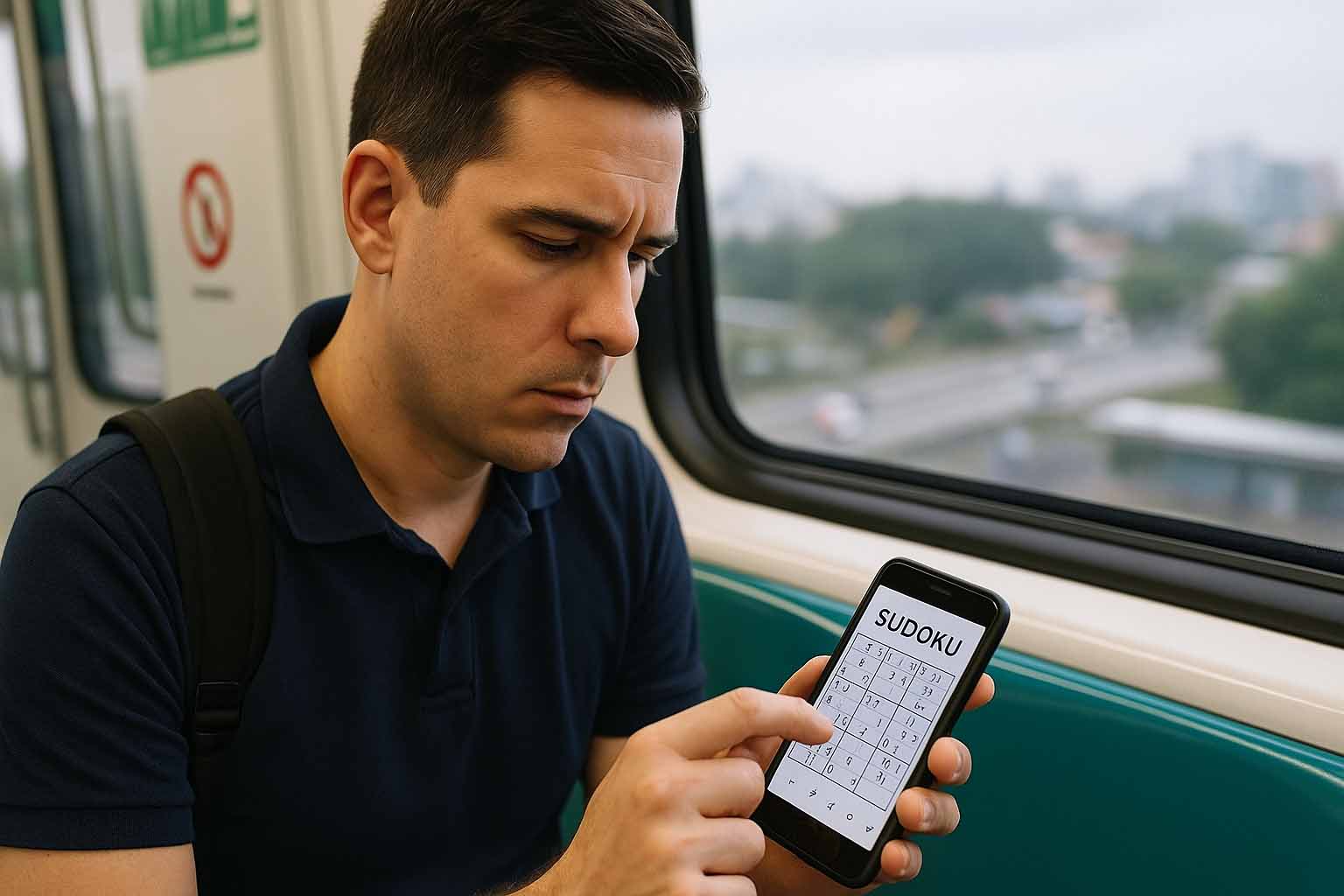




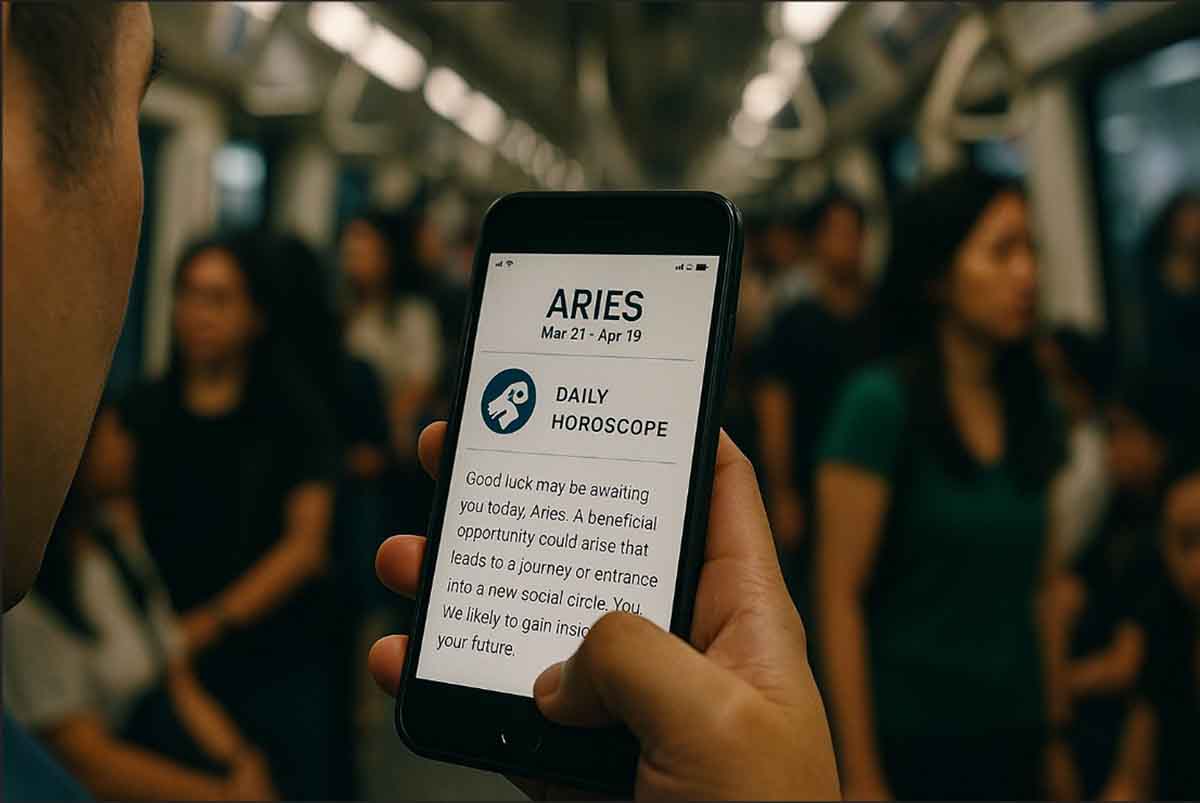
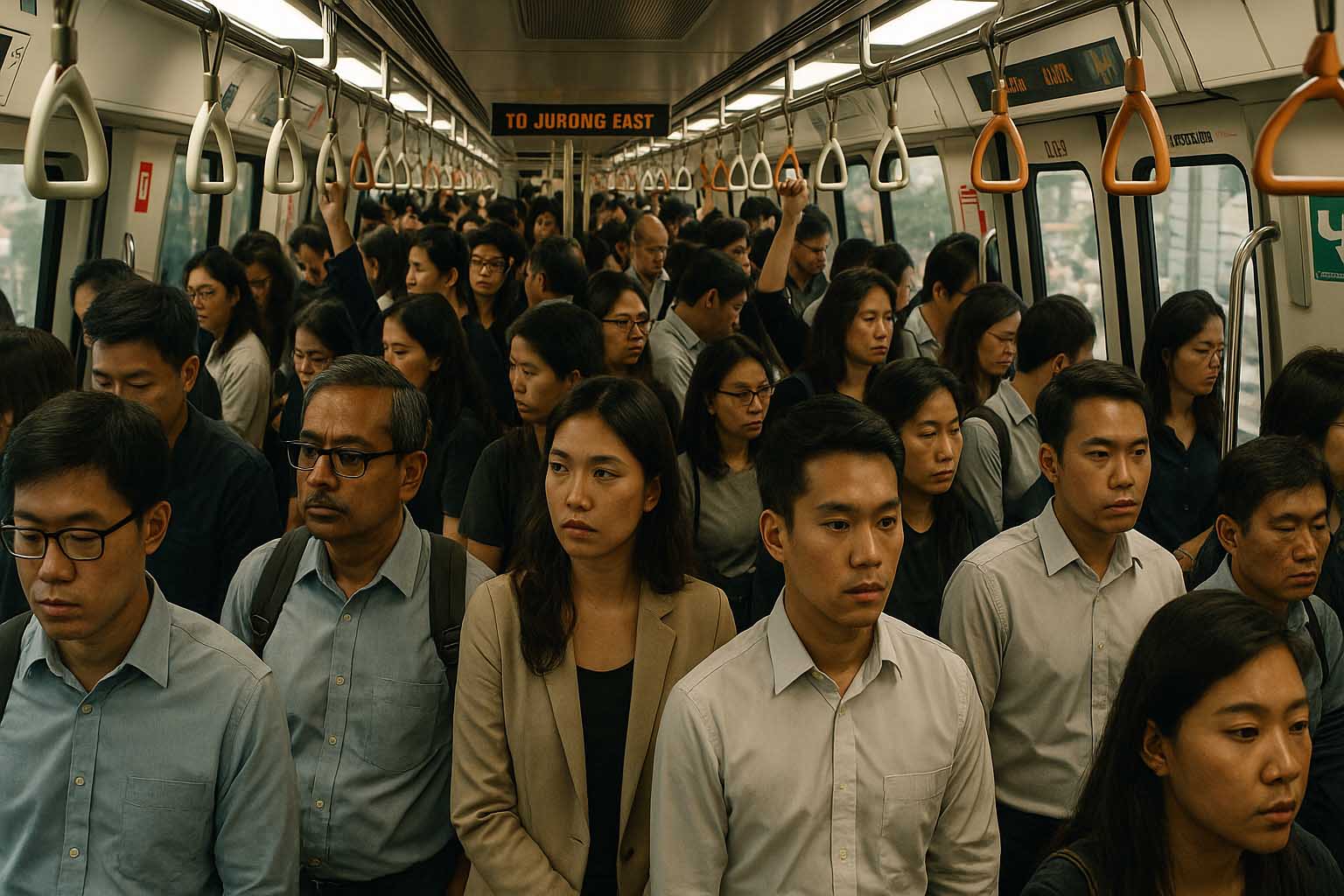
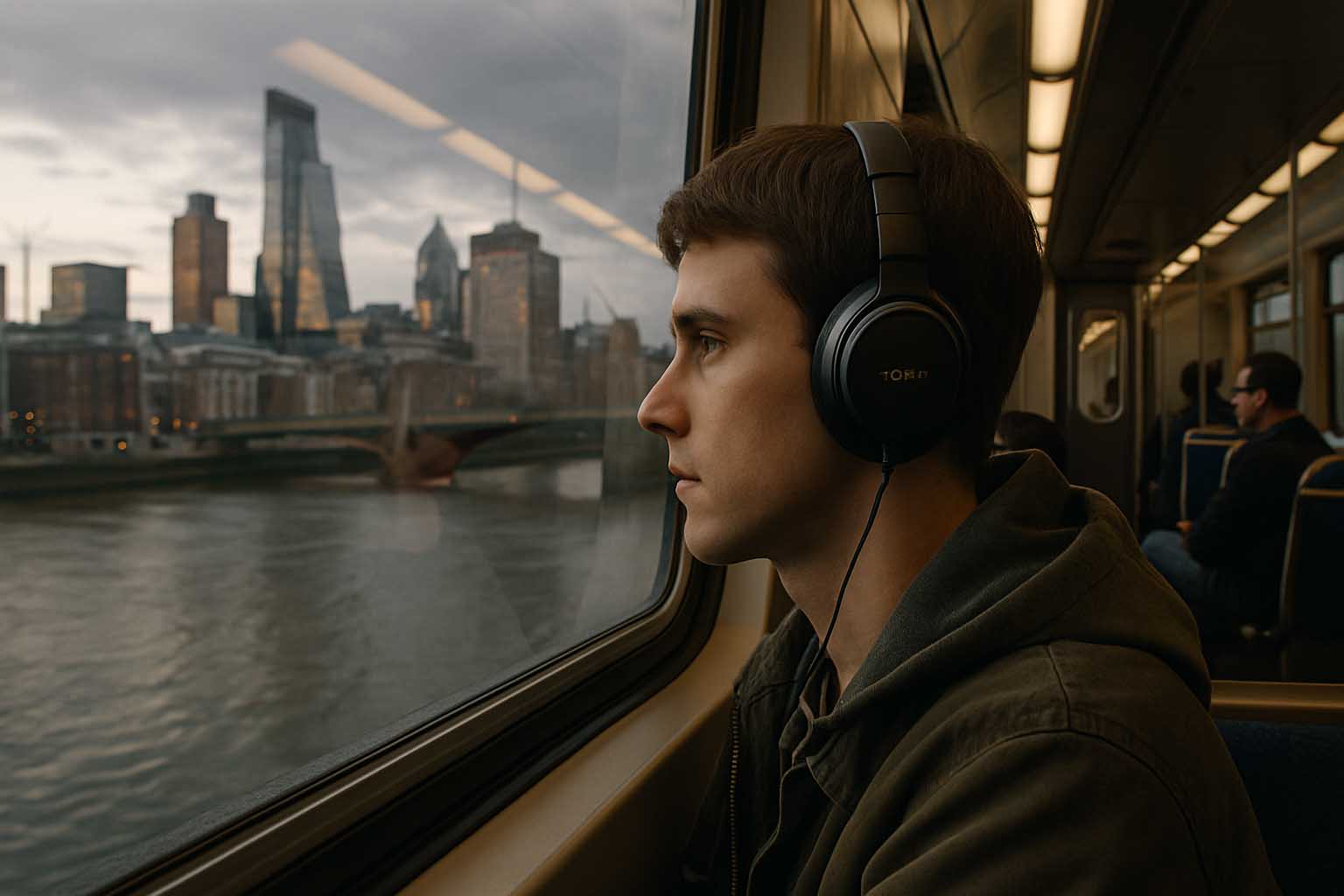
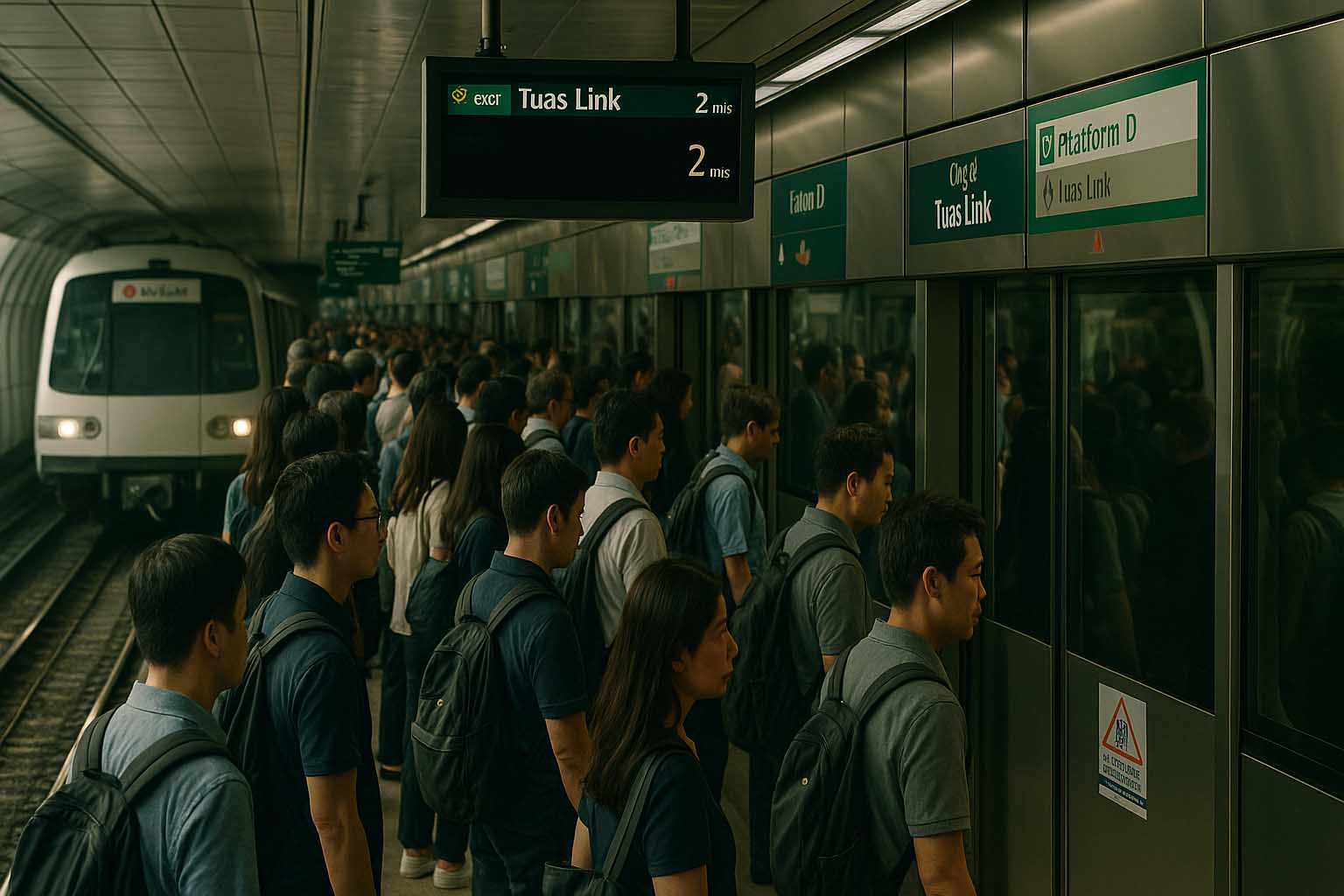
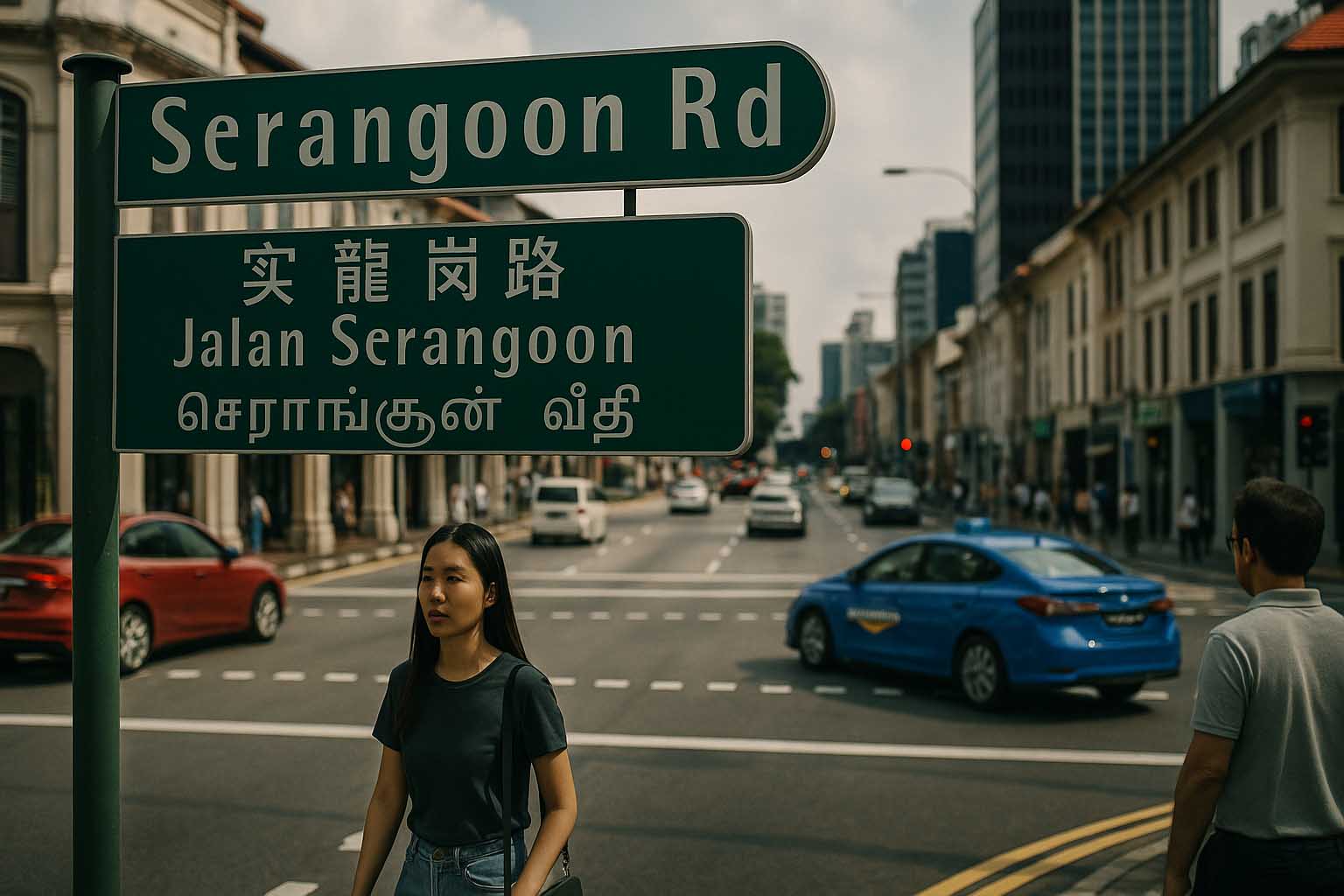
Leave a Reply